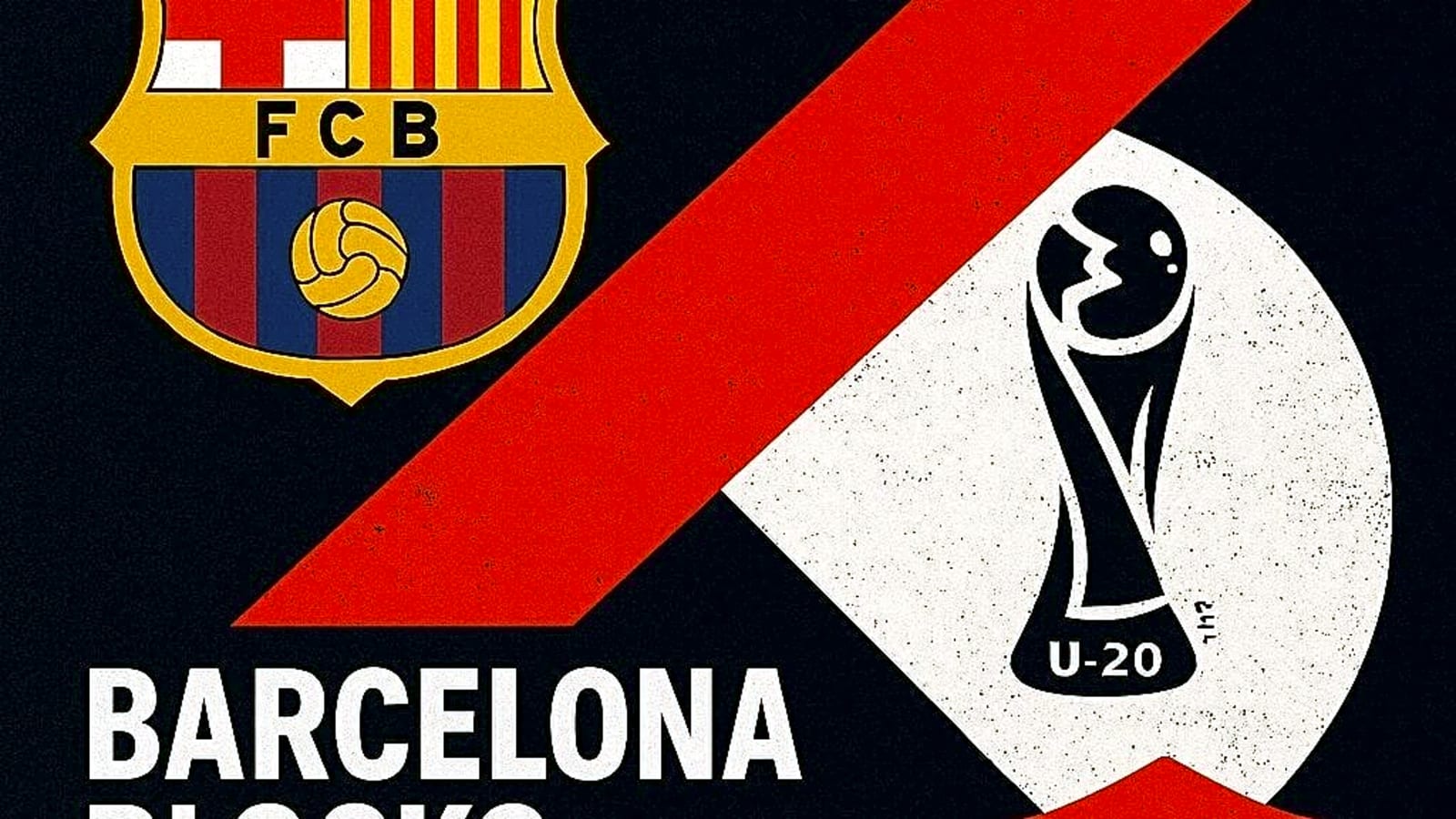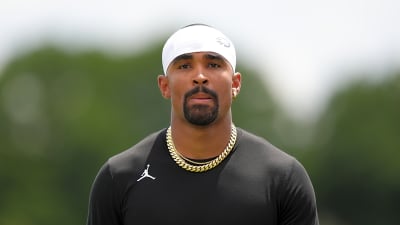
Well, well, well. Just when you thought Barcelona couldn’t get any more protective of their precious young talents, they’ve gone and rejected Spain’s request to take Marc Bernal to the FIFA U-20 World Cup. And honestly? Good for them.
The 18-year-old midfielder has been sidelined for nearly a year after undergoing surgery last September, and now that he’s finally cleared to return to competitive action, the Spanish Football Federation (RFEF) comes knocking like that friend who only calls when they need something. The audacity is almost impressive.
Barcelona’s Medical Staff Takes No Prisoners
Let’s be real here – Barcelona’s medical team has seen enough promising careers derailed by rushing players back too quickly. Remember when they thought they could fast-track Ansu Fati‘s return? Or how about the endless injury cycles that have plagued other young stars? The club has learned the hard way that patience isn’t just a virtue; it’s a necessity.
Marc Bernal underwent surgery in September 2024 and is expected to make his competitive return around mid-September 2025 – right around the time Spain wants to cart him off to Chile for the U-20 World Cup (September 27 to October 19). The timing couldn’t be worse, or more telling of the RFEF’s priorities.
The RFEF’s Questionable Timing
According to reports from Mundo Deportivo, the Spanish federation reached out to Barcelona with what can only be described as wishful thinking. Coach Paco Gallardo apparently saw Bernal as a potential “reinforcement” for his squad. A reinforcement? The kid hasn’t played competitive football in almost a year, and they want to throw him into an international tournament immediately after his return?
That’s like asking someone to run a marathon right after they’ve finished physical therapy. Sure, technically they can walk again, but maybe let’s see how they handle a casual jog first.
Hansi Flick’s Cautious Approach Makes Perfect Sense
Barcelona manager Hansi Flick has made it crystal clear that he values Bernal’s long-term development over short-term international glory. The German tactician plans to ease the midfielder back gradually, similar to how Gavi was managed following his injury comeback. And frankly, Flick’s track record with young players suggests he knows what he’s doing.
The plan is for Bernal to begin picking up minutes with Barcelona after the international break, with his debut potentially coming against Valencia at Camp Nou. A home debut at the iconic stadium seems like a much more sensible way to reintroduce a player to competitive football than shipping him off to South America for a high-intensity tournament.
Why Barcelona’s Decision Protects Their Investment
Let’s not kid ourselves – this isn’t just about player welfare (though that’s certainly part of it). Barcelona has invested heavily in Bernal’s development, and top European clubs are already circling like vultures. The last thing they need is for their prized asset to suffer a setback while wearing someone else’s jersey.
The club is reportedly planning to extend Bernal’s contract soon, which tells you everything you need to know about how highly they rate him. He’s seen as a long-term solution in Barcelona’s midfield, potentially competing with Frenkie de Jong for a starting position. That’s not the kind of player you risk on international duty when he’s barely back from a serious injury.
The Bigger Picture for Barcelona’s Youth Development
This decision reflects a broader shift in how Barcelona approaches player development. Gone are the days when they’d loan out promising youngsters or allow them to be overworked by national teams. The club has learned that controlling every aspect of a player’s development – from training load to match minutes – is crucial for long-term success.
Bernal’s situation is reminiscent of how other top clubs protect their investments. Manchester City doesn’t let Erling Haaland play every international friendly, and Real Madrid carefully manages Jude Bellingham’s minutes. Barcelona is simply following suit, prioritizing their own interests over the RFEF’s wishes.
What This Means for Spain’s U-20 Campaign
For Spain, losing out on Bernal is undoubtedly a blow. The midfielder is highly regarded within the national team setup, and his absence from the Chile tournament means they’ll have to look elsewhere for midfield reinforcement. But that’s the RFEF’s problem, not Barcelona’s.
The Spanish federation has a history of overworking young players, and Barcelona’s refusal to play along sends a clear message: club comes first, especially when player welfare is at stake. It’s a stance that other clubs should probably adopt more often.
The Smart Money Says Barcelona Made the Right Call
When you strip away all the international prestige and patriotic rhetoric, Barcelona’s decision is simply smart business. They’re protecting a valuable asset while prioritizing his long-term health and development. The U-20 World Cup will come and go, but Bernal’s career has decades ahead of it.
The fact that he’s already generating interest from top European clubs despite being out for nearly a year speaks volumes about his potential. Barcelona would be foolish to risk that potential for a youth tournament, no matter how prestigious.
So while the RFEF might be disappointed, Barcelona fans should be thrilled that their club is finally learning to say “no” when it matters. Sometimes the best move is the one you don’t make, and keeping Bernal wrapped in cotton wool for a few more weeks is exactly that kind of smart decision.
More must-reads:
- Raiders rookie starts his career with hard-earned TD
- Five worst NFL Week 1 performances: Jets free-agent signing, Lions O-line have rocky starts
- The 'College football FBS nicknames' quiz
Breaking News
Trending News
Customize Your Newsletter
 +
+
Get the latest news and rumors, customized to your favorite sports and teams. Emailed daily. Always free!








